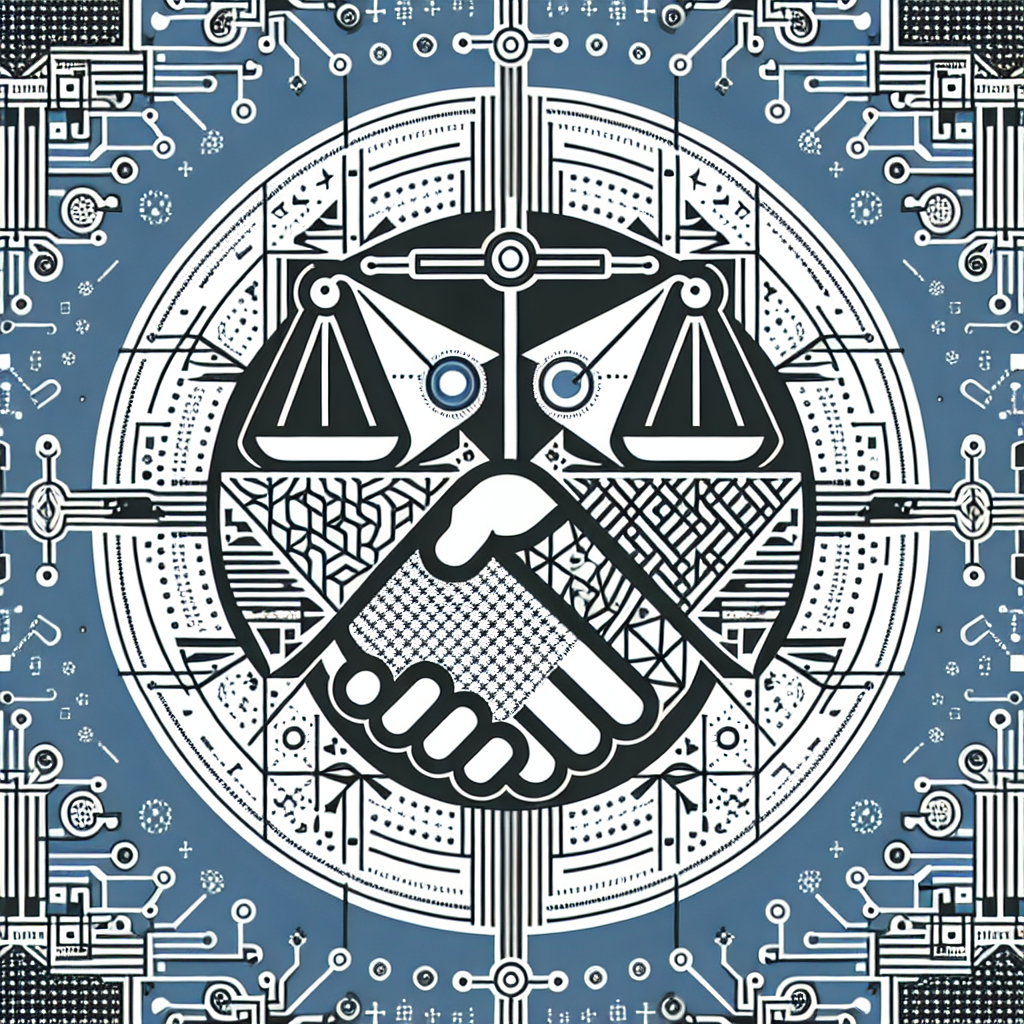Ethics is a fundamental aspect of decision-making in all areas of life, including the field of artificial intelligence (AI). As AI technologies become increasingly prevalent in our daily lives, it is crucial to consider the ethical implications of the decisions made by these systems. In this article, we will explore the role of ethics in AI decision-making, the challenges that come with it, and the importance of ethical guidelines in ensuring that AI systems are used responsibly and ethically.
The Role of Ethics in AI Decision-making
Ethics play a crucial role in AI decision-making because AI systems are designed to make decisions on behalf of humans. These decisions can have significant consequences, ranging from personal recommendations to financial decisions to matters of life and death in areas such as autonomous vehicles and healthcare. It is essential that these decisions are made ethically, taking into account the values and principles that govern our society.
One of the key ethical considerations in AI decision-making is ensuring that these systems do not perpetuate biases or discrimination. AI algorithms are trained on data sets that reflect the biases and prejudices of society, which can lead to discriminatory outcomes. For example, a facial recognition system trained on predominantly white faces may struggle to accurately identify people of color. This can have serious consequences, such as misidentifying individuals or contributing to racial profiling.
To address this issue, researchers and developers are exploring ways to make AI systems more transparent and accountable. This includes developing algorithms that can explain their decisions, allowing users to understand how and why a particular decision was made. Additionally, researchers are working to develop bias detection tools that can identify and mitigate biases in AI systems before they are deployed.
Another ethical consideration in AI decision-making is the impact on privacy and autonomy. AI systems can collect and analyze vast amounts of data about individuals, raising concerns about data privacy and the potential for surveillance. It is essential that AI systems are designed with privacy and autonomy in mind, ensuring that individuals have control over their data and are not subject to intrusive surveillance.
Furthermore, ethical considerations in AI decision-making extend to issues of accountability and responsibility. Who is responsible when an AI system makes a mistake or causes harm? Should developers be held accountable, or should the responsibility lie with the individuals who deploy and use the system? These questions are complex and require careful consideration to ensure that AI systems are used responsibly and ethically.
Challenges in Ethical AI Decision-making
Despite the importance of ethics in AI decision-making, there are several challenges that make it difficult to ensure that AI systems are used responsibly. One of the main challenges is the lack of clear ethical guidelines and standards for AI development and deployment. While organizations such as the IEEE and the EU have published ethical guidelines for AI, these guidelines are not legally binding and are often vague and open to interpretation.
Another challenge is the rapid pace of technological advancement, which can outpace the development of ethical frameworks and guidelines. As AI technologies continue to evolve, ethical considerations must keep pace to ensure that these systems are used responsibly and ethically.
Furthermore, the complexity of AI systems can make it challenging to understand how decisions are made and to identify and mitigate biases. AI algorithms are often black boxes, meaning that it is difficult to understand how they arrive at a particular decision. This lack of transparency can make it challenging to ensure that AI systems are making decisions ethically and responsibly.
The Importance of Ethical Guidelines in AI Decision-making
Given the challenges in ethical AI decision-making, it is crucial to develop and adhere to ethical guidelines to ensure that AI systems are used responsibly. Ethical guidelines can help developers and organizations navigate the complex ethical considerations that come with AI technologies, providing a framework for making decisions that align with societal values and principles.
Ethical guidelines can also help to build trust and transparency in AI systems. By following ethical guidelines, developers can demonstrate that they are committed to using AI technologies responsibly and ethically, which can help to build trust among users and stakeholders.
Additionally, ethical guidelines can help to address biases and discrimination in AI systems. By incorporating ethical considerations into the design and development of AI algorithms, developers can work to mitigate biases and ensure that these systems are fair and equitable.
FAQs
Q: How can biases be mitigated in AI decision-making?
A: Biases can be mitigated in AI decision-making by developing algorithms that are transparent and accountable. This includes developing bias detection tools that can identify and mitigate biases in AI systems before they are deployed.
Q: Who is responsible when an AI system makes a mistake or causes harm?
A: The question of responsibility in AI decision-making is complex and requires careful consideration. Developers, users, and organizations all have a role to play in ensuring that AI systems are used responsibly and ethically.
Q: What are some ethical considerations in AI decision-making?
A: Some ethical considerations in AI decision-making include ensuring that AI systems do not perpetuate biases or discrimination, protecting privacy and autonomy, and addressing issues of accountability and responsibility.
In conclusion, ethics play a crucial role in AI decision-making, shaping the way in which AI systems are developed, deployed, and used. By developing and adhering to ethical guidelines, developers and organizations can ensure that AI systems are used responsibly and ethically, aligning with societal values and principles. Addressing the challenges of ethical AI decision-making requires careful consideration and collaboration among stakeholders to ensure that AI technologies are developed and deployed in a way that benefits society as a whole.

